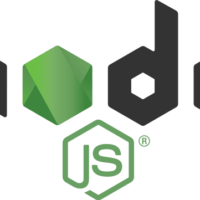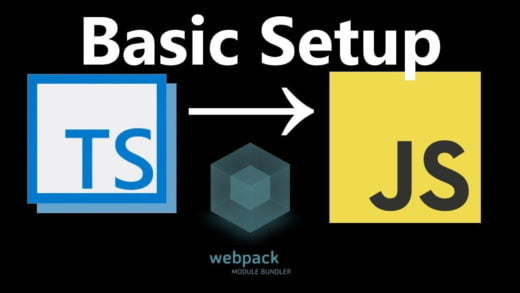As the professional sphere becomes increasingly complex, the need for efficient management of corporate knowledge grows ever more critical. A knowledge management system serves as a cornerstone for businesses eager to preserve, share, and utilize their collective know-how effectively. By fostering an environment where information is effortlessly accessible, a company can enhance productivity, drive innovation, and maintain a competitive edge. Below, we explore the various ways in which such a system can transform the modern workplace.
The Role of a Knowledge Management System in Enhancing Team Collaboration

Alt text: Experts on software development have a meeting on the knowledge management system.
Team collaboration thrives when a knowledge management system breaks down information silos, enabling seamless sharing across departments. By centralizing data, employees can easily access crucial insights, reducing barriers to cooperation and fostering creative solutions, even among geographically dispersed teams.
This system encourages a culture of continuous learning and improvement, as team members freely exchange ideas and learn from each other. With a unified knowledge base, projects are less prone to miscommunication, enhancing productivity and helping teams achieve their goals more efficiently.
Streamlining Company Processes Through Effective Knowledge Sharing
A knowledge management system streamlines company processes by promoting efficient knowledge sharing. It allows employees to quickly find necessary information, reducing redundancy and allowing for efficient resource management. Structured knowledge sharing helps identify gaps in intellectual resources and address them, optimizing operational efficiency.
Consistent access to updated company data and processes allows employees to maintain quality and compliance standards. By following standardized methods outlined in the knowledge base, employees follow a uniform approach to their work, leading to higher-quality outputs and services. A well-organized knowledge base helps eliminate inefficiencies and improve operational efficiency.
Boosting Employee Efficiency and Expertise with Centralized Information
A knowledge management system enhances employee efficiency by providing immediate access to guidelines, best practices, and case studies. This allows employees to make faster decisions and execute tasks. New employees benefit from a rich repository of organizational knowledge, allowing them to independently acquire necessary information.
Centralization of knowledge also facilitates personalized employee development, allowing team members to access learning materials aligned with their career aspirations and knowledge gaps. As individuals contribute their insights and solutions, they build a legacy of expertise that can be tapped into by others, enhancing the overall intellectual capital of the company and transforming the workforce into a community of experts.
Facilitating Better Decision-Making with a Robust Knowledge Management Strategy

Alt text: Tech experts working diligently on their new software project.
A robust knowledge management strategy enhances decision-making by providing employees with access to historical data, case studies, and expert insights. This information-rich foundation minimizes risks and leads to more successful outcomes. A knowledge management system can serve as a lifeline in situations requiring quick action, allowing for quick assessments and fostering innovative problem-solving.
The collected wisdom within the system can spark new ideas and innovative solutions. Transparency in decision-making processes is improved by providing a traceable path of information and rationale used in past decisions, enabling better accountability and understanding of outcomes. This historical insight is particularly beneficial for leaders navigating complex business landscapes.
Maintaining Organizational Knowledge During Employee Turnover
A knowledge management system is crucial in managing employee turnover in businesses. It helps preserve vital information by capturing both tacit and explicit knowledge of departing employees. This system maintains consistency in knowledge application across staff changes, allowing new team members to benefit from the experiences and skills of their predecessors.
It also provides a sense of continuity, allowing successors to build upon existing foundations and accelerate progress and innovation. The structured nature of collected knowledge helps identify areas at risk during employee exits, allowing proactive steps to fill knowledge gaps and ensure all critical areas are adequately covered, making the transition smoother and less risky.
Overall, the integration of a knowledge management system into an organization’s infrastructure is an investment in its future. It enhances team collaboration, streamlines processes, augments employee efficiency, aids in smarter decision-making, and protects the company’s intellectual assets. Embracing a culture of shared knowledge is no longer just an advantage, but a necessity for any business looking to thrive in today’s knowledge-driven economy.



















